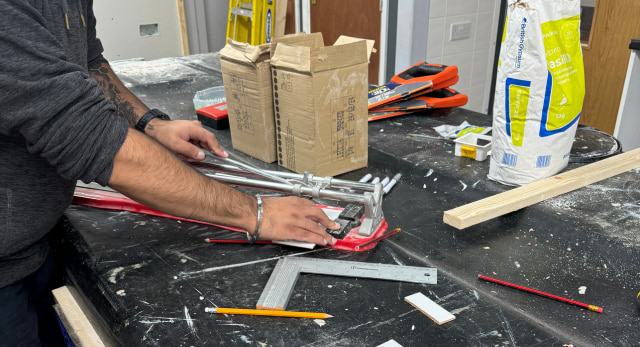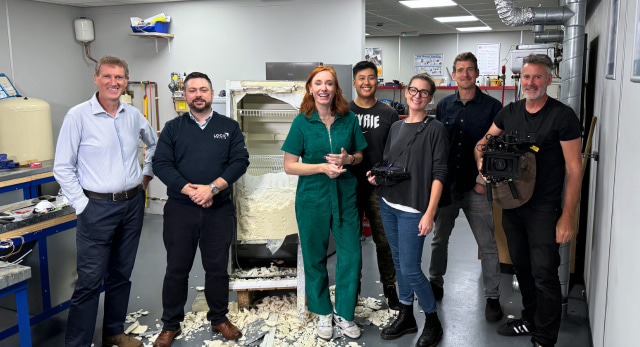Are you a school leaver or A-Level student thinking about your future career prospects? It’s one of the toughest decisions you will have ever had to make – will you apply for uni, take a gap year, seek an apprenticeship or go straight into the world of work?
You’re probably wondering what sectors will offer you a secure and future proof career and where best to place your talents.
Most uni students graduate with around £44,000 and a whole load of career uncertainty. They will be competing with hundreds of other graduates for positions which might often only last for a year, after which they are back on the job hunt with everyone else.
Gap in the market
Where we do have a shortage of workers, however, is the skilled trades.
In response to industry pressure, the government is now doing more to inspire young, fresh talent into the building services industry, including reforming apprenticeships to give better training, help meet the changing needs of employers and simplify the funding system.
Why Gas?
The UK needs more gas engineers! The gas sector is a growing and competitive marketplace and many employers are looking to recruit young, fresh talent.
If you are aged between 16-18 years, the government will incentivise your training through your employer and you can expect to earn a salary of £12,000 – £18,000 while you learn, increasing to £24,000 – £31,000 once qualified, with highly experienced technicians earning much more.
Once you are qualified, there are plenty of options for growth. You move up the chain to a managerial position, switch over to a career in commercial gas, or even set up your own gas fitting business. If this is something you are interested in, sign up and we’ll email you our free Business Guides.
A Gas Installer’s Day
Typically, you’ll be working in people’s homes or businesses between the hours of 8am and 5pm, Monday to Friday, but if you were interested in earning a bit of extra cash, many employers offer their customers 24-hour emergency call out so you may have the option of putting in some overtime.
You won’t just be fitting boilers all day: you’ll find gas leaks, carry out repairs and help customers with their gas and energy issues, solving problems that can greatly impact people’s daily lives and wellbeing. As well as the practical side of the job, you’ll also be a customer service ambassador, selling services when they’re needed and dealing with any complaints you might get from your customers.
Are You Up for the Job?
To train as a gas installer, you will need some basic raw skills and qualities:
- Good practical skills
- Full colour vision for some employers
- Good numerical skills
- Good at following technical instructions and diagrams
- Computer literacy
- Good communication skills; this includes being polite, friendly, personable and professional
- Motivation to work alone but able to work in small teams
Want to know more?
Attend one of our no obligation Open Day sessions where everything will be explained in detail on how to become a gas safe registered engineer. You’ll also be able to see the centre facilities and meet trainers to ask any questions you may have. Click here to book for an Open Day.
We’ve launched the ‘Ultimate Guide to Careers in Gas’, a practical and clear guide to kick starting and developing a career as a gas engineer, covering the required training, common paths to success and qualifications needed right up to registering as an industry-recognised and trusted tradesperson.









